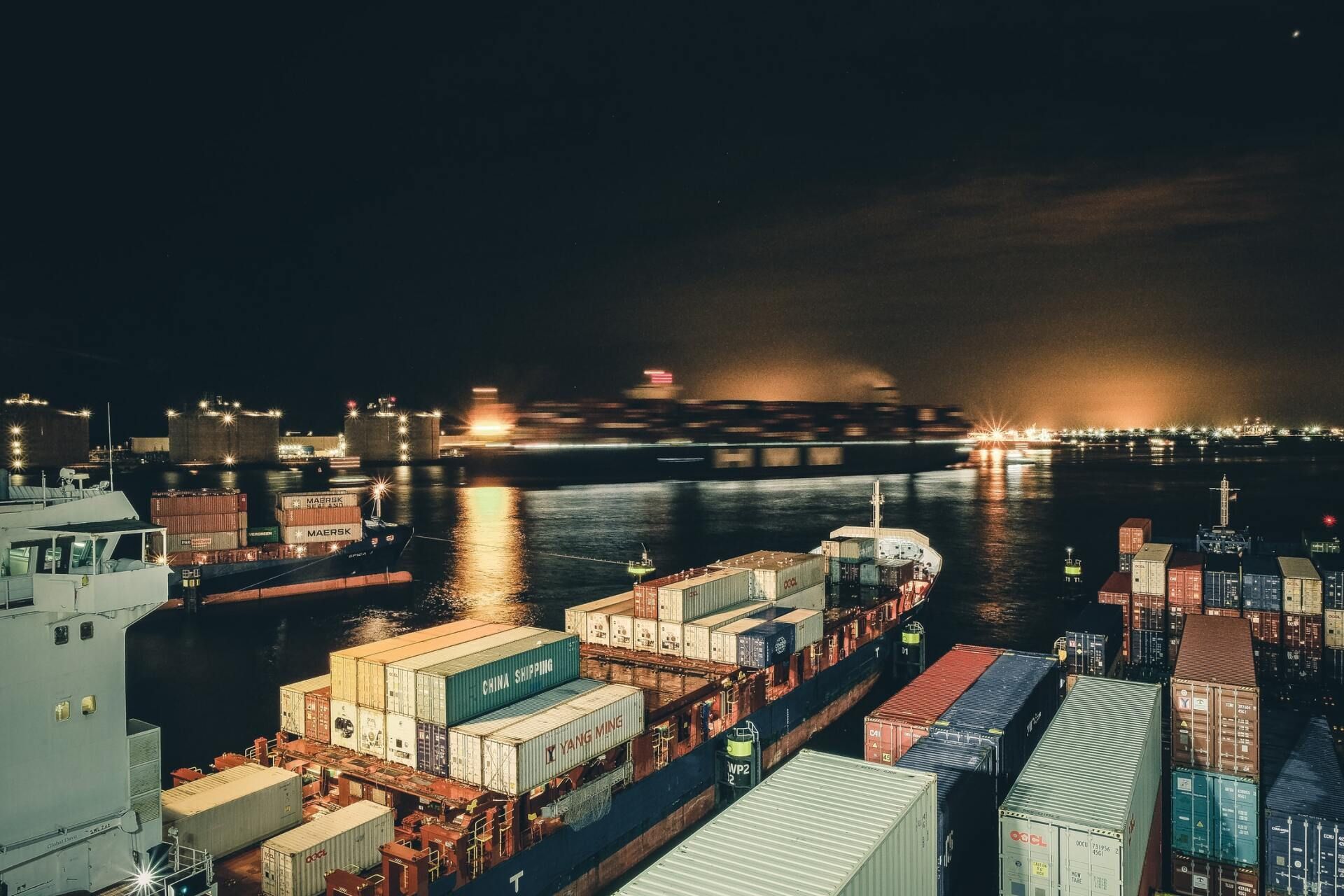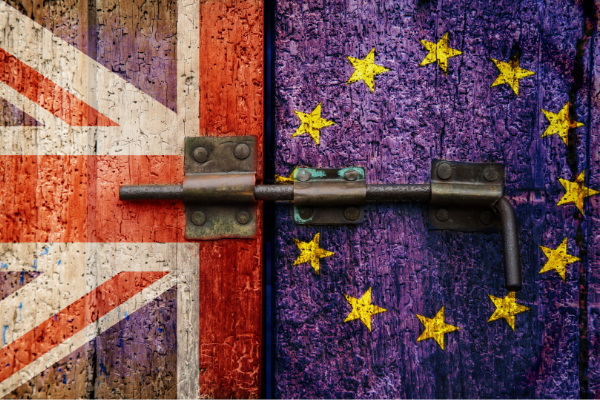Import Procedures

The question of who can appear on a UK Customs declaration is one that is not as simple as it might seem when it comes to the current rules and regulations, as laid down in UK legislation and in the UK Trade Tariff, Volume 3 for CDS. So, who can act as an exporter, importer or declarant and where does that leave them in terms of liability for the declaration and for the Customs debt?
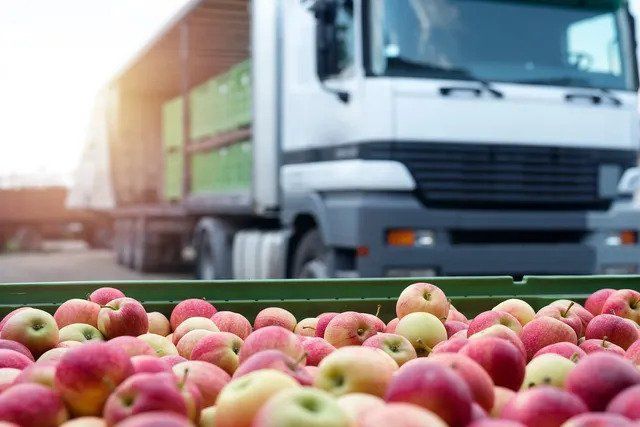
In a recent episode of the BBC's "Countryfile," the program highlighted ongoing challenges UK importers face, particularly those dealing with food products. The episode highlighted concerns that have persisted since the UK departed from the European Union, emphasising that several issues remain unresolved at the borders, with limited solutions currently in place.
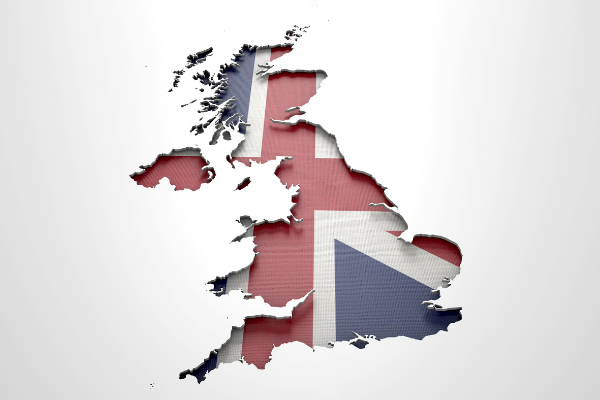
The EU Exit introduced numerous challenges for UK traders, many of which have been resolved over time. However, trading with Northern Ireland (NI) remains particularly complex. The Windsor Framework was developed to address these complexities, introducing a phased approach to implementing final regulations for Northern Ireland. This process began in October 2023 with the UK Internal Market Scheme (UKIMS) launch.

We have been made aware that a number of our clients are encountering issues with IPAFFS, specifically with the system not recognising approved establishment numbers and displaying a 'not found ' message. We promptly received a workaround from DEFRA a month ago and have since sent a follow-up enquiry to determine when the issue will be resolved. We understand the importance of this issue and will keep our members updated on the progress. In the meantime, please find the workaround below;
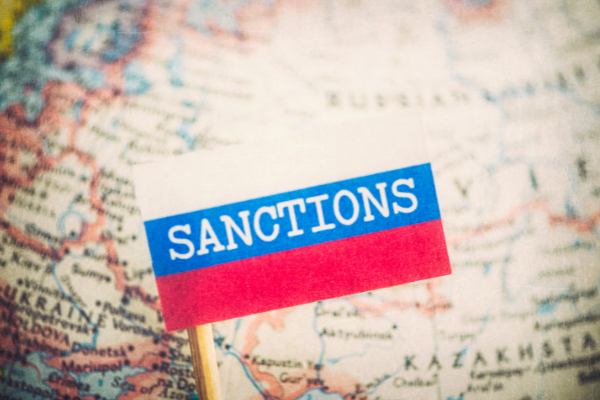
For UK businesses involved in the supply chain of commodities restricted by the Russian Import Sanctions, it can be challenging to determine whether their goods for import are affected by the sanctions and, if so, to what extent. The regulations governing sanctions on Russian imports have been subject to change as the sanctions on Russia have progressed, and it can be an arduous task to place goods for import within evolving, moving boundaries.

